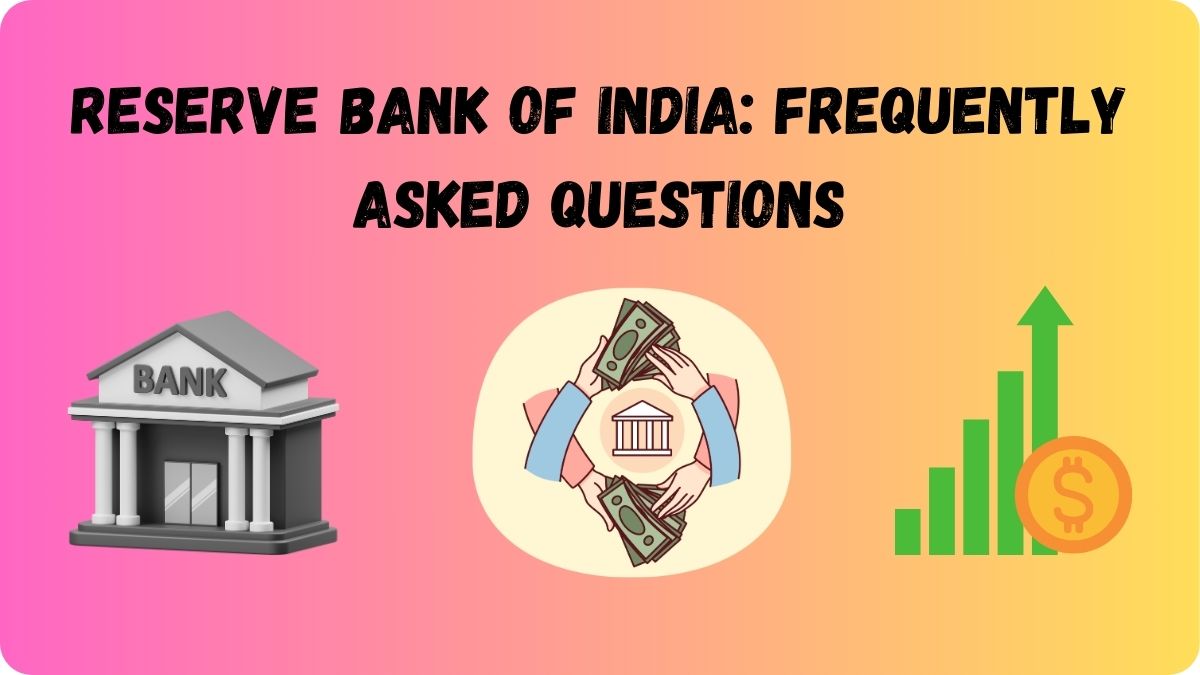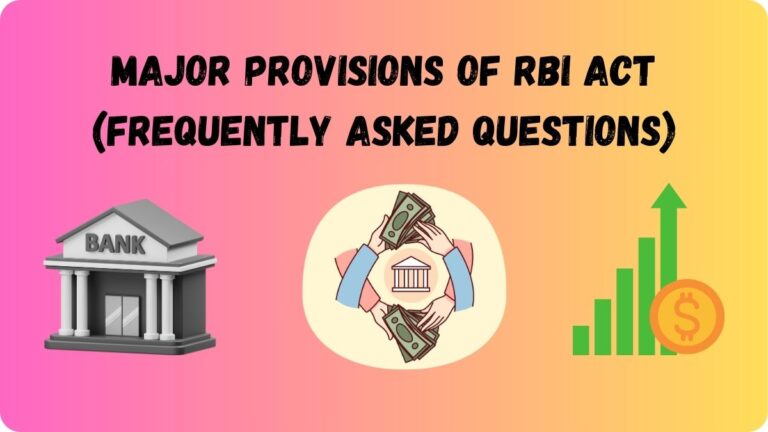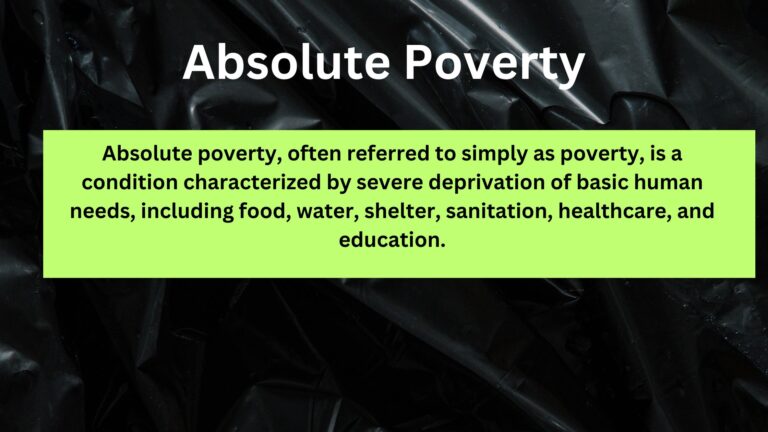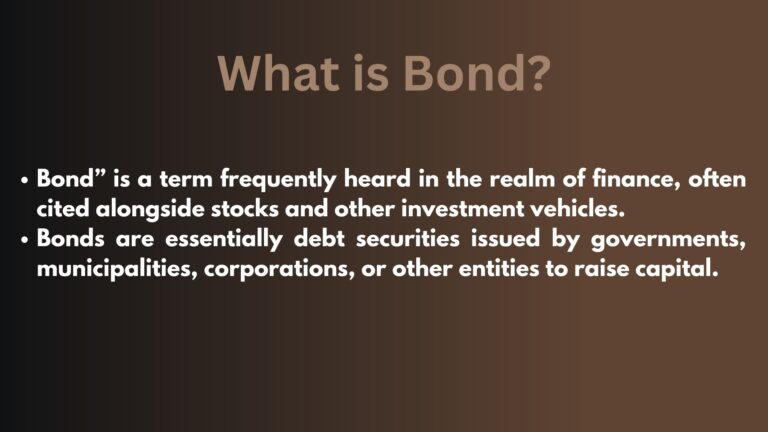35 Frequently Asked Questions about Reserve Bank of India (RBI)

The Reserve Bank of India (RBI), established in 1935, is the central banking institution of India, responsible for regulating the country’s monetary and financial system. It operates under the jurisdiction of the Ministry of Finance and is headquartered in Mumbai. The RBI’s primary functions include issuing currency, managing foreign exchange, supervising financial institutions, and implementing monetary policy to maintain price stability and economic growth. It also plays a crucial role in fostering financial inclusion and overseeing payment and settlement systems. Governed by a central board of directors, the RBI’s policies significantly impact India’s economic landscape, ensuring stability and growth in the financial sector. Here are 15 frequently asked questions about the Reserve Bank of India (RBI).
Also Read:
1. What is the Reserve Bank of India (RBI)?
The RBI is India’s central banking institution, which controls the issuance and supply of the Indian rupee and manages the country’s main payment systems.
2. When was the RBI established?
The RBI was established on April 1, 1935.
3. What are the primary functions of the RBI?
The primary functions include regulating the issue of banknotes, maintaining monetary stability, overseeing the financial system, and managing foreign exchange.
4. Who governs the RBI?
The RBI is governed by a central board of directors appointed by the Government of India.
5. What is the monetary policy of the RBI?
The monetary policy involves managing interest rates and the supply of money to achieve economic objectives like controlling inflation, consumption, and liquidity.
6. How does the RBI regulate the banking sector?
The RBI regulates the banking sector through policies, regulations, and periodic audits to ensure the stability and integrity of the financial system.
7. What is the role of the RBI in foreign exchange management?
The RBI manages the Foreign Exchange Management Act (FEMA) and oversees the forex reserves of the country to maintain the external value of the rupee.
8. What is the significance of the RBI’s role in financial inclusion?
The RBI promotes financial inclusion by ensuring that financial services are accessible and affordable to all sections of society, particularly the underbanked.
9. What are RBI’s measures for consumer protection?
The RBI has established the Banking Ombudsman Scheme and issues guidelines to ensure fair treatment of consumers by financial institutions.
10. How does the RBI contribute to economic research and policy formulation?
The RBI conducts extensive economic research and publishes reports and data, which help in policy formulation and provide insights into the economic health of the country.
11. What is the structure of the RBI?
- The RBI’s structure includes a central board of directors, regional offices, and various departments such as the Monetary Policy Department, Financial Markets Department, and more.
12. How does the RBI handle inflation control?
The RBI uses monetary policy tools like repo rates, reverse repo rates, and the cash reserve ratio to control inflation and stabilize the economy.
13. What is the role of the RBI in payment systems?
The RBI oversees and regulates payment and settlement systems to ensure their efficiency, security, and accessibility.
14. What are RBI’s guidelines on digital banking?
The RBI provides guidelines and frameworks to ensure the safe and secure use of digital banking services, including mobile banking, internet banking, and electronic wallets.
15. How does the RBI manage public debt?
The RBI acts as the debt manager for the government, issuing government securities and managing public debt to ensure financial stability.
16. What is the RBI’s role in managing the country’s monetary reserves?
The RBI manages the country’s monetary reserves, including foreign exchange reserves, gold reserves, and other international assets.
17. What are the different types of accounts maintained by the RBI?
The RBI maintains various accounts, such as the Government of India’s account, accounts of commercial banks, and foreign central banks’ accounts.
18. How does the RBI influence interest rates in the economy?
The RBI influences interest rates through its monetary policy tools, such as the repo rate, reverse repo rate, and open market operations.
19. What is the process for appointing the Governor of the RBI?
The Governor of the RBI is appointed by the Government of India for a term of three years, which may be extended.
20. What are the key reports published by the RBI?
Key reports include the Annual Report, Financial Stability Report, Monetary Policy Report, and the Report on Trend and Progress of Banking in India.
21. What is the role of the RBI in regulating non-banking financial companies (NBFCs)?
The RBI regulates and supervises NBFCs to ensure their financial health and compliance with regulatory standards.
22. How does the RBI ensure liquidity in the banking system?
The RBI ensures liquidity through mechanisms like the Liquidity Adjustment Facility (LAF), Marginal Standing Facility (MSF), and Open Market Operations (OMOs).
23. What are the main types of monetary policy tools used by the RBI?
The main tools include the repo rate, reverse repo rate, cash reserve ratio (CRR), statutory liquidity ratio (SLR), and open market operations (OMO).
24. How does the RBI support rural and agricultural development?
The RBI supports rural and agricultural development through priority sector lending guidelines and schemes like the Kisan Credit Card (KCC).
25. What is the RBI’s approach to handling bank frauds and financial crimes?
The RBI issues guidelines, conducts audits, and collaborates with other agencies to prevent, detect, and address bank frauds and financial crimes.
26. How does the RBI contribute to financial literacy in India?
The RBI promotes financial literacy through initiatives like the Financial Literacy Week, workshops, and educational materials.
27. What is the role of the RBI in the implementation of demonetization?
The RBI played a key role in the demonetization process by issuing new currency notes, managing the exchange of old notes, and ensuring sufficient cash supply.
28. How does the RBI regulate digital payments and fintech companies?
The RBI regulates digital payments and fintech companies by issuing guidelines, setting security standards, and monitoring compliance.
29. What is the difference between the RBI and commercial banks?
The RBI is the central bank responsible for monetary policy and financial regulation, while commercial banks provide banking services to individuals and businesses.
30. How does the RBI manage inflation targeting?
The RBI manages inflation targeting by setting an inflation target and using monetary policy tools to keep inflation within the target range.
31. What is the role of the RBI in currency management?
The RBI is responsible for the design, production, and distribution of banknotes and coins, as well as ensuring the quality and security of the currency in circulation.
32. How does the RBI collaborate with international financial organizations?
The RBI collaborates with international financial organizations like the International Monetary Fund (IMF), World Bank, and the Bank for International Settlements (BIS) on various financial and economic issues.
33. What are the key challenges faced by the RBI?
Key challenges include managing inflation, ensuring financial stability, promoting economic growth, and adapting to technological changes in the financial sector.
34. How does the RBI promote innovation in the financial sector?
The RBI promotes innovation through initiatives like regulatory sandboxes, guidelines for fintech companies, and encouraging digital payment solutions.
35. What is the role of the RBI in managing public debt?
The RBI acts as the debt manager for the government, issuing government securities and managing public debt to ensure financial stability.
Please comment us if you have any frequently asked questions






